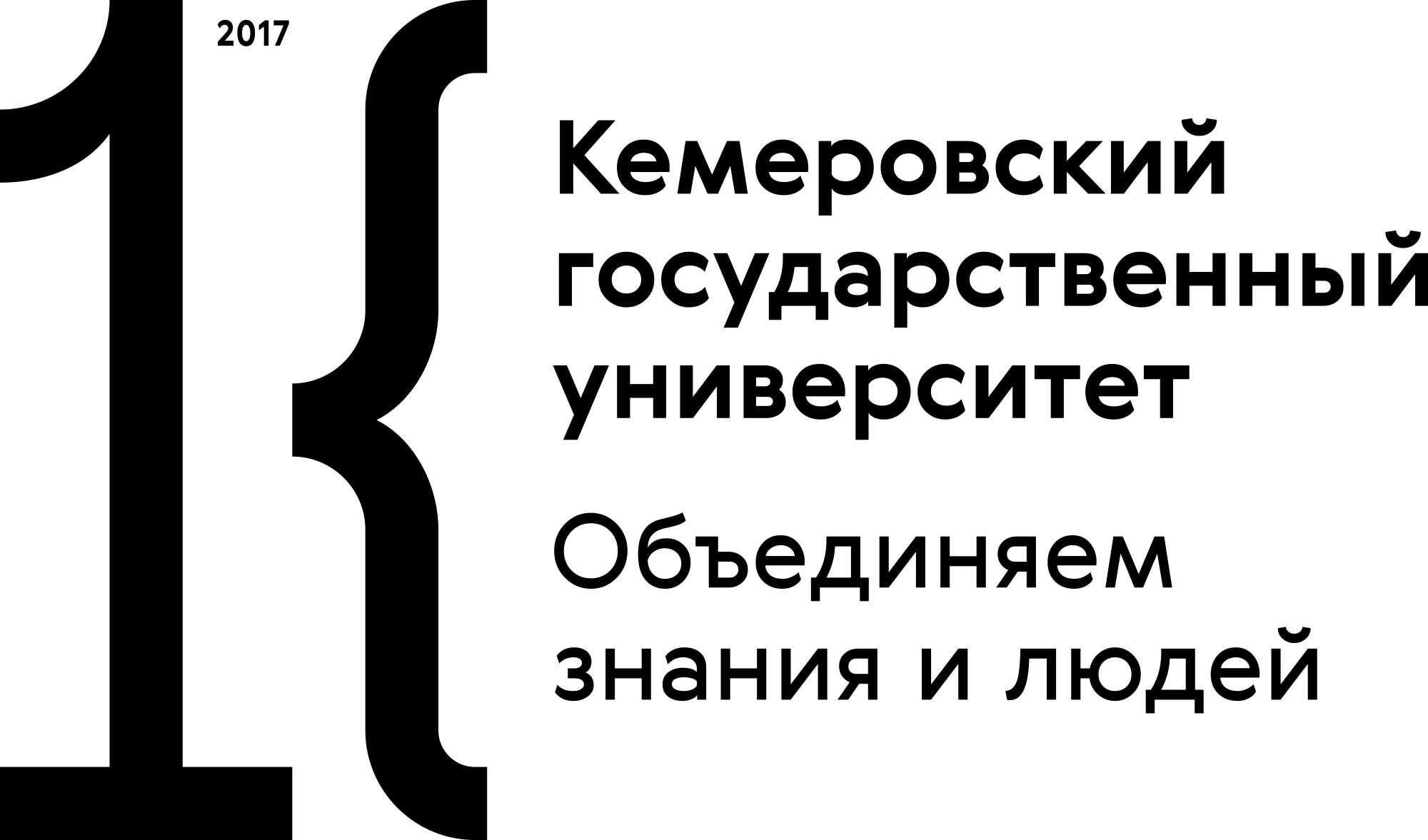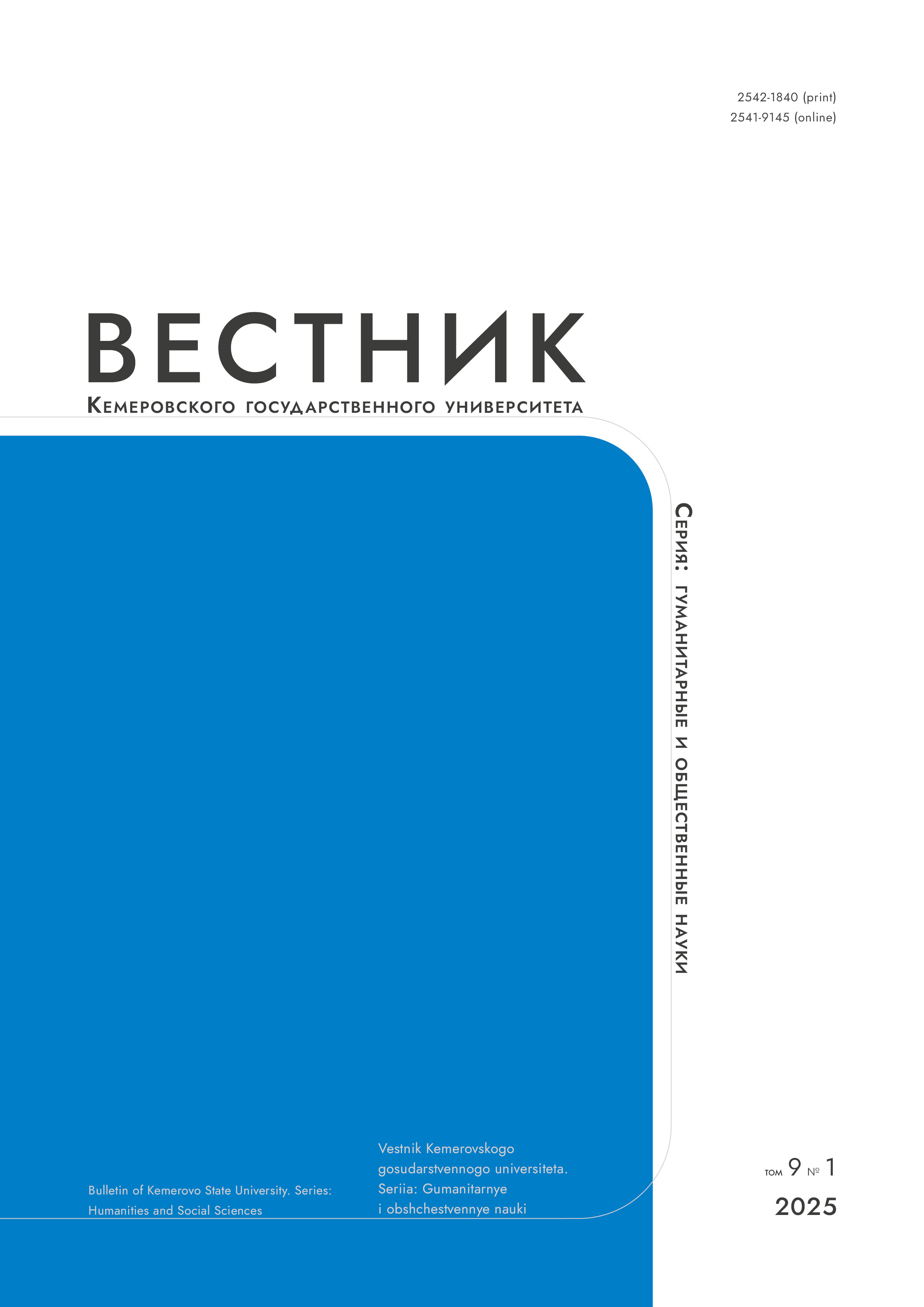Almetyevsk, Kazan, Russian Federation
The Bachelor of Management studies are based on the idea of lifelong education. The curriculum includes academic models, technologies, and methods that develop culture and communication skills. This research featured the process of developing the communicative culture in future bachelors of management during foreign language acquisition using the method of interdisciplinary integration. The research methods included various diagnostic tools, e.g., questionnaires, tests, conversation, survey, interview, etc. The article also contains a review of Russian psychological and pedagogical scientific publications. The authors used interdisciplinary links between Foreign Language and various professional disciplines to design a new pedagogical model. This model included a system of complementary functional blocks. It defined a set of organizational and pedagogical conditions, principles, methods, and training tools that made it possible to model real situations and various aspects of managerial activity. The authors developed an optional interdisciplinary complex called Bridge to Communication. The complex proved effective in developing speaking skills as a tool of business communication and communicative culture.
pedagogical model, communicative culture, foreign language business communication, professional and communicative competencies, interdisciplinary communication, manager
1. Bibler V. S. Dialogue of cultures and the school of the XXI century. School of the dialogue of cultures: ideas, experience, problems. Kemerovo: ALEF, 1993, 9-106. (In Russ.) EDN: https://elibrary.ru/TXUAUV2. Biryukova E. A. The meaning of the concept of culture. Aktualnye problemy gumanitarnykh i estestvennykh nauk, 2016, (12-4): 131-134. (In Russ.) EDN: https://elibrary.ru/XECEBP
2. Biryukova E. A. O znachenii ponyatiya «kul'tura». Aktual'nye problemy gumanitarnyh i estestvennyh nauk. 2016. № 12-4. S. 131-134. EDN: https://elibrary.ru/XECEBP
3. Erasov B. S. Social culturology. 3rd ed. Moscow: Aspekt-press, 2000, 591. (In Russ.)
4. Zlobin N. S. Cultural meanings of science. Moscow: RIC, 1997, 288. (In Russ.)
5. Kagan M. S. The world of communication: intersubjective relations. Moscow: Politizdat, 1988, 319. (In Russ.)
6. Mezhuev V. M. Philosophy of culture in the system of modern knowledge about culture. Problems of philosophy of culture, ed. Nickolsky S. A. Moscow: IPh RAS, 2012, 3-16. (In Russ.) EDN: https://elibrary.ru/UKMLJH
7. Andreeva S. M., Andreeva A. M. Linguistic and communicative nature of the dialogue. Bulletin of BSTU named after V. G. Shukhov, 2015, (4): 252-256. (In Russ.) EDN: https://elibrary.ru/TVFHBL
8. Gavrilova O. V. Foreign language communicative culture of students of pedagogical direction in the process of professional training. Molodoi uchenyi, 2017, (21.1): 3-5. (In Russ.) EDN: https://elibrary.ru/YUHSCN
9. Zelenova D. P. Specific aspects of the learning process for business English with the application of "educational-training firm" technology for master’s degree students of non-linguistic specialities. Foreign languages in the dialogue of cultures: Proc. All-Russian Sci.-Prac. Conf. (with Intern. Participation), Saransk, 30 Nov - 2 Dec 2017. Saransk: Ogarev MSU, 2018, 926-930. (In Russ.) EDN: https://elibrary.ru/UWMYWQ
10. Kondrakhina N. G., Petrova O. N. Teaching in professionally-oriented foreign language dialogue communication. Humanities and Social Sciences. Bulletin of the Financial University, 2011, (2): 81-87. (In Russ.) EDN: https://elibrary.ru/PIUZZV
11. Parnikova T. V., Ozerskaya S. N. Teaching students of non-linguistic universities professional-speech communication in a foreign language by means of authentic scientific professional-oriented texts. Vestnik Vladimirskogo gosudarstvennogo universiteta imeni Aleksandra Grigorevicha i Nikolaia Grigorevicha Stoletovykh. Seriia: Pedagogicheskie i psikhologicheskie nauki, 2019, (39): 86-94. (In Russ.) EDN: https://elibrary.ru/HTXWYG
12. Safonova V. V. A FL tertiary education package as a tool of the dialogue of cultures in the globalized world. Moscow State University Bulletin. Series 19. Linguistics and Intercultural Communication, 2019, (1): 38-50. (In Russ.) EDN: https://elibrary.ru/YZFUBF
13. Kuzmina L. G., Solovova E. N., Sternina M. A., Verbitskaya M. V. "Foreign language" for non-linguistic universities and faculties: an approximate program. Moscow: MES of Russia, 2009, 24. (In Russ.) EDN: https://elibrary.ru/TEGFJL
14. Andreev V. I. Self-development of the creative competitive personality of the manager. Kazan: Firma "SKAM", 1992, 207. (In Russ.)
15. Vikhanskiy O. S., Naumov A. I. "Different" management: time for changes. Russian Management Journal, 2004, 2(3): 105-126. (In Russ.) EDN: https://elibrary.ru/HTYFVD
16. Leontiev A. A. Psychology of communication. 3rd ed. Moscow: Smysl, 1999, 365. (In Russ.)
17. Maslova E. S. Psychological competence of staff manager as a determinant of choice of employees' hiring on work strategies. Russian Psychological Journal, 2008, 5(4): 100-103. (In Russ.) https://doi.org/10.21702/rpj.2008.4.15
18. Sternin I. A., Kambaralieva U. D. Theoretical problems of the description of communicative behavior. Communication Studies (Russia), 2018, (2): 20-34. (In Russ.) https://doi.org/10.25513/2413-6182.2018.2.20-34
19. Kan-Kalik V. A. What a teacher should know about pedagogical communication. Moscow: Prosveshchenie, 1987, 190. (In Russ.)
20. Znamenskaya S. V. Pedagogical conditions for the formation of communicative culture in university students. Cand. Ed. Sci. Diss. Stavropol, 2004, 212. (In Russ.) EDN: https://elibrary.ru/NMNQWX
21. Krasotkina I. N. Preparation of future economists for business communication by means of humanitarian disciplines. Cand. Ed. Sci. Diss. Bryansk, 2005, 222. (In Russ.) EDN: https://elibrary.ru/NNGAQV
22. Samygin S. I., Nikulenko T. G. Psychology of management for university students. Rostov-on-Don: Feniks, 2008, 190. (In Russ.) EDN: https://elibrary.ru/UVWEBR
23. Shtanko E. V. On the issue of the formation of professionally-oriented language competence of bachelors and masters in the field of management. Relevant tasks of pedagogy: Proc. III Intern. Correspondence Sci. Conf., Chita, 20-23 Feb 2013. Chita: Young Scientist, 2013, 173-180. (In Russ.) EDN: https://elibrary.ru/WCUKMX
24. Shakhmatova E. V. Formation of business communication skills among students of non-linguistic specialties of a humanitarian university by means of a foreign language: on the example of English. Cand. Ed. Sci. Diss. Komsomolsk-on-Amur, 2009, 209. (In Russ.) EDN: https://elibrary.ru/QEJICZ
25. Yakupov P. V. Communication: definition, types of communication and barriers of communication. Vestnik universiteta, 2016, (10): 261-266. (In Russ.) EDN: https://elibrary.ru/XCCQTH
26. Trofimova G. S. Pedagogical communicative competence: theoretical and applied aspects. Izhevsk: UdSU, 2012, 116. (In Russ.)
27. Bogomolova M. N., Seyranov S. G., Yuryev Yu. N. Influence of ethics on the relationships forming-up in the sphere of business communications. Uchenye zapiski universiteta imeni P. F. Lesgafta, 2015, (5): 40-44. (In Russ.) https://doi.org/10.5930/issn.1994-4683.2015.05.123.p40-44
28. Bondarevskaya E. V. Theory and practice of personality-oriented education. Rostov-on-Don: Bulat, 2000, 351. (In Russ.)
29. Muravyov Yu. L. Modern management: technology or art. Vestnik Sibirskogo instituta biznesa i informatsionnykh tekhnologii, 2016, (2): 53-57. (In Russ.) EDN: https://elibrary.ru/WBKGNR
30. Sharkov F. I. Theory of communications. Moscow: RIP-kholding, 2005, 247. (In Russ.) EDN: https://elibrary.ru/QODQAF
31. Zimniaia I. A. Linguistic psychology of speech activity. Moscow: MPSI; Voronezh: SPA "MODEK", 2001, 432. (In Russ.)
32. Kuzmina N. V., Varfolomeeva L. E., Zharinova E. N. Acmeological foundations of the development of communicative culture and creative readiness of bachelor, master, specialist. St. Petersburg: SI "CSR", 2015, 315. (In Russ.)
33. Pishchik E. V. Features of the formation of the communicative culture of managers in the conditions of the modern socio-cultural environment. Education: past, present, and future: Proc. III Intern. Sci. Conf., Krasnodar, 20-23 Aug 2017. Krasnodar: Novatsiia, 2017, 68-71. (In Russ.) EDN: https://elibrary.ru/ZDSUHV
34. Romanova E. V. Ethics and etiquette in intercultural scientific communication. Volga Region Pedagogical Search, 2019, (2): 69-73. (In Russ.) https://doi.org/10.33065/2307-1052-2019-2-28-69-73
35. Kuznetsov I. N. Business communication. Business etiquette. Moscow: IUNITI-DANA, 2017, 431. (In Russ.) EDN: https://elibrary.ru/SURFFJ
36. Stenyashina N. L., Novikova Zh. S. Practice of development of communicative culture of management students by means of a foreign language based on interdisciplinary integration. Concept, 2021, (3): 17-30. (In Russ.) https://doi.org/10.24412/2304-120X-2021-11011
37. Afanasyeva O. Yu. Implementation of the principle of interdisciplinarity in pedagogical management of communicative education of university students. Vestnik razvitiia nauki i obrazovaniia, 2007, (1): 225-229. (In Russ.)
38. Galitskikh E. O. Integrative approach as a theoretical basis for the professional and personal formation of a future teacher at the university. Dr. Ed. Sci. Diss. St. Petersburg, 2002, 387. (In Russ.) EDN: https://elibrary.ru/NMBYFT
39. Dmitrieva N. K. Interdisciplinary approach principles' implementation in the process of teaching professionally-oriented foreign language. Vestnik of Kostroma State University. Series: Pedagogy. Psychology. Sociokinetics, 2019, 25(2): 168-172. (In Russ.) https://doi.org/10.34216/2073-1426-2019-25-2-168-172
40. Drobysheva N. N. Integrative constituent as a linking element of content and language integrated learning. Mir nauki, kul'tury, obrazovaniya, 2020, (1): 82-84. (In Russ.) https://doi.org/10.24411/1991-5497-2020-00034
41. Theoretical and methodological approach to financial literacy through content and language integrated learning, ed. Dubinina G. A. Moscow: RuScience, 2019, 400. (In Russ.) EDN: https://elibrary.ru/OTVNID
42. Krivolapova E. V. Integrated lesson as one of the forms of non-standard lesson. Innovative pedagogical technologies: Proc. II Intern. Sci. Conf., Kazan, 20-23 May 2015. Kazan: Buk, 2015, 113-115. (In Russ.) EDN: https://elibrary.ru/TYAZER
43. Maksimova V. N. Interdisciplinary connections in the process. Moscow: Prosveshechenie, 1988, 191. (In Russ.)
44. Akimova O. B., Maltseva L. E. Interdisciplinary communications between Foreign Language and special disciplines for restaurant service experts. Nauchnye issledovaniia v obrazovanii, 2010, (6): 17-20. (In Russ.) EDN: https://elibrary.ru/MWNPJN
45. Timchenko I. I. Formation of students' communicative culture in the process of studying subjects of the humanities cycle. Cand. Ed. Sci. Diss. Abstr. Kharkov, 2001, 20. (In Russ.)
46. Kozyrev N. A., Kozyreva O. A. Pedagogical modeling as a product and method of scientific and pedagogical research. Sovremennaia pedagogika, 2015, (8). (In Russ.) URL: https://pedagogika.snauka.ru/2015/08/4791 (accessed 18 Mar 2022). EDN: https://elibrary.ru/UHWCVR
47. Yadrovskaya M. V. Models in pedagogics. Vestnik Tomskogo gosudarstvennogo universiteta, 2013, (366): 139-143. (In Russ.) EDN: https://elibrary.ru/PVQXAJ
48. Dakhin A. N. Pedagogical modeling: essence, effectiveness, and uncertainty. Standarty i monitoring v obrazovanii, 2002, (4): 22-26. (In Russ.) EDN: https://elibrary.ru/UPEODD
49. Arkhangelskii S. I. Lectures on the scientific organization of the educational process in higher school. Moscow: Vyssh. shk., 1976, 200. (In Russ.)


















